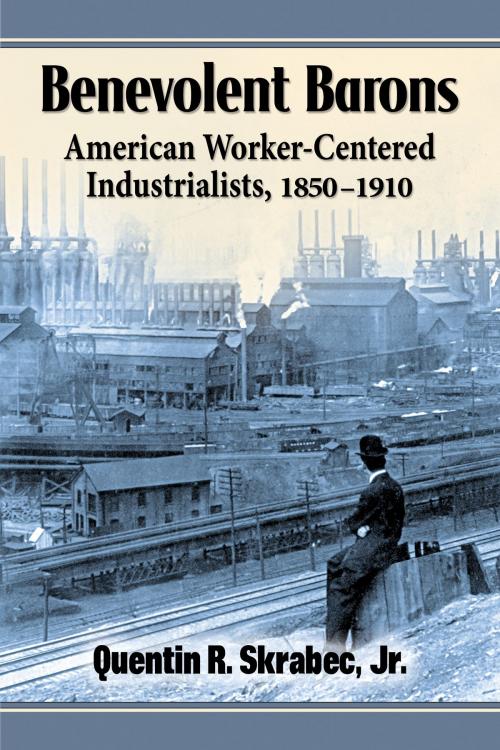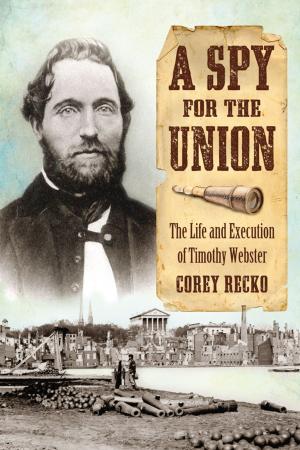Benevolent Barons
American Worker-Centered Industrialists, 1850-1910
Nonfiction, History, Americas, United States, Social & Cultural Studies, Social Science, Business & Finance| Author: | Quentin R. Skrabec | ISBN: | 9781476620299 |
| Publisher: | McFarland & Company, Inc., Publishers | Publication: | June 14, 2015 |
| Imprint: | Language: | English |
| Author: | Quentin R. Skrabec |
| ISBN: | 9781476620299 |
| Publisher: | McFarland & Company, Inc., Publishers |
| Publication: | June 14, 2015 |
| Imprint: | |
| Language: | English |
American business has always had deep roots in community. For over a century, the country looked to philanthropic industrialists to finance hospitals, parks, libraries, civic programs, community welfare and disaster aid. Worker-centered capitalists saw the workplace as an extension of the community and poured millions into schools, job training and adult education. Often criticized as welfare capitalism, this system was unique in the world. Lesser known capitalists like Peter Cooper and George Westinghouse led the movement in the mid– to late 1800s. Westinghouse, in particular, focused on good wages and benefits. Robber barons like George Pullman and Andrew Carnegie would later succeed in corrupting the higher benefits of worker-centered capitalism. This is the story of those accomplished Americans who sought to balance the accumulation of wealth with communal responsibility.
American business has always had deep roots in community. For over a century, the country looked to philanthropic industrialists to finance hospitals, parks, libraries, civic programs, community welfare and disaster aid. Worker-centered capitalists saw the workplace as an extension of the community and poured millions into schools, job training and adult education. Often criticized as welfare capitalism, this system was unique in the world. Lesser known capitalists like Peter Cooper and George Westinghouse led the movement in the mid– to late 1800s. Westinghouse, in particular, focused on good wages and benefits. Robber barons like George Pullman and Andrew Carnegie would later succeed in corrupting the higher benefits of worker-centered capitalism. This is the story of those accomplished Americans who sought to balance the accumulation of wealth with communal responsibility.















